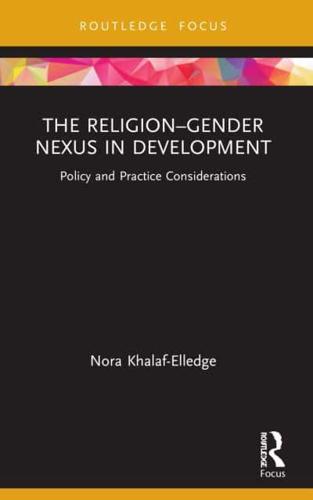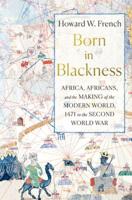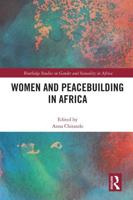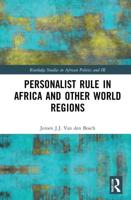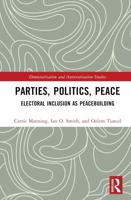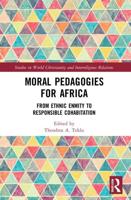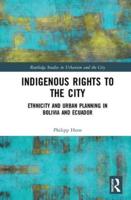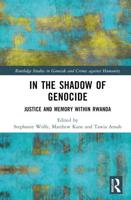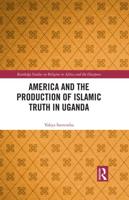Publisher's Synopsis
This book illuminates the intersection of religion and gender within the development sector, exposing challenges in both policy and practice and suggesting implementable solutions.
This book argues that a better understanding of the religion-gender nexus is needed by development sector practitioners, especially at a time when religious arguments are being used around the world to justify gender inequality and violence against women. The book draws on extensive qualitative research with senior gender personnel, religion advisors, and implementation partners from across the largest bilateral development agencies. The nexus is considered from the grassroots level up to donor country politics and across key themes, such as gender-based violence, reproductive rights, unpaid care and domestic work, and women's participation in leadership roles. The book concludes by offering implementable solutions for practitioners to address the religion-gender nexus in a more meaningful way.
Bridging the gap between academic theory and day-to-day development practice, this book is an important reference for development practitioners, and for researchers from across development studies, gender studies, and religious studies.
